The human body needs energy to work properly, and blood glucose plays an important role in this task. Insulin, a hormone produced by the pancreas, helps transport glucose from the blood into the body’s cells, where it is converted into energy.
but you have to be careful
In diabetes, the pancreas does not produce enough insulin or the cells do not respond properly to the insulin that is produced, resulting in permanently high blood sugar levels (hyperglycemia).
This can have the opposite effect, causing your body to lack the vitality needed to carry out everyday activities, and can also cause serious health complications.
Types of
diabetes
Diabetes is a chronic disease that affects millions of people worldwide. According to the Ministry of Health, the estimate in 2030 is 21.5 million people living with diabetes in Brazil.
There are different types of the disease, each with its own specific characteristics. Take a look below:
-
Diabetes type 1
It is an autoimmune disease in which the body does not produce insulin, the hormone responsible for regulating blood sugar, and usually develops during childhood or teenage years, but it can be diagnosed in adults. Only 5 to 10% of people diagnosed usually have this type.
-
Diabetes type 2
It is the most common type, accounting for 90% of diagnoses. It is often related to risk factors such as obesity, physical inactivity, and family history of diabetes. In this type, the body still produces insulin, but cannot use it effectively.
-
Pre-diabetes
This is a stage when blood sugar levels are higher than normal, but have not yet reached the level of type 2 diabetes. At this point, the disease can still be reversed or develop into diabetes and its complications.
-
Gestational Diabetes
It is a temporary condition that occurs during pregnancy when blood sugar levels increase. Usually, after birth, blood sugar levels return to normal, but it is important to follow up and treat it, since there are risks and complications for the baby, as well as a predisposition to obesity and diabetes in adulthood.
Sweets are
not the only
culprits
As we have seen, Type 2 diabetes can be prevented and controlled, but one fact that many people still don’t know is that it’s not just sweets that can affect blood sugar levels.

Diabetes is a complex disease, and factors such as age, family history, obesity, a sedentary lifestyle, and underlying health problems also play a role in its development.
Furthermore, when we eat foods containing carbohydrates, such as bread, rice, pasta, fruit with a lot of sugar, among others, the body breaks these carbohydrates down into glucose molecules, which are released into the bloodstream.
It is also important to limit the consumption of sweet or sugar-sweetened beverages, and decrease processed and ultra-processed foods full of fats and sugars.
Those who are predisposed to diabetes or already have the disease need to be careful with foods such as:

Sugar-sweetened beverages
Soft drinks, packaged juices, energy drinks

Processed and ultra-processed foods
Snacks, filled cookies, fast food, frozen foods
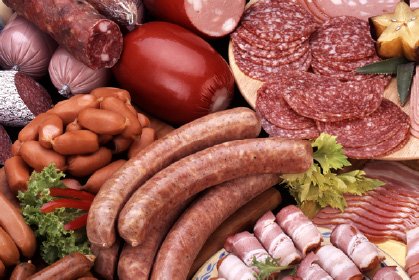
Fatty meats and sausages
Bacon, sausage, frankfurter, ham

Refined carbohydrates
White breads, refined pasta, white rice, cakes, pies
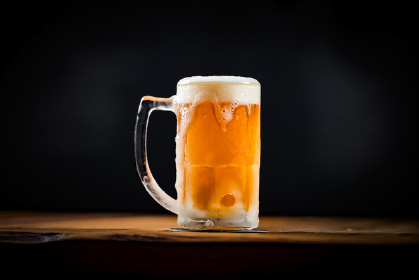
Alcoholic Beverages

Ready-made sauces
Ketchup, salad dressings, beef and chicken stock
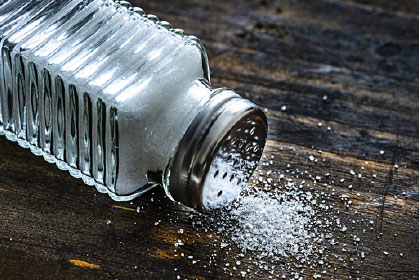
Excess of salt
Foods that
may help
On the other hand, some foods can even help control the blood glucose level, because they are rich in fiber and help the absorption of carbohydrate or even prevent diseases resulting from diabetes:
Fresh
Fruit
Apple, pear, avocado, strawberry, blueberry, orange
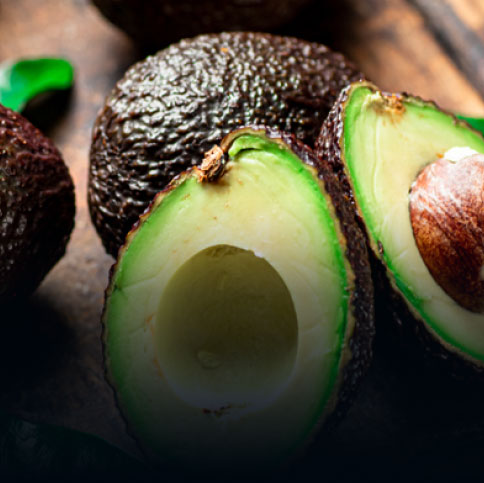
Vegetables and
Greens
Broccoli, cauliflower, carrots, spinach, kale, lettuce

Whole
Grains
Brown rice, quinoa, amaranth, corn, whole wheat
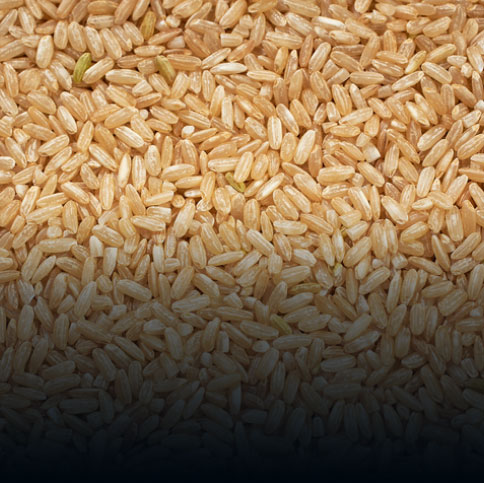
Lean
Proteins
Chicken, fish, turkey, eggs and tofu

Oilseeds
Almonds, walnuts, chestnuts, pistachios and hazelnuts
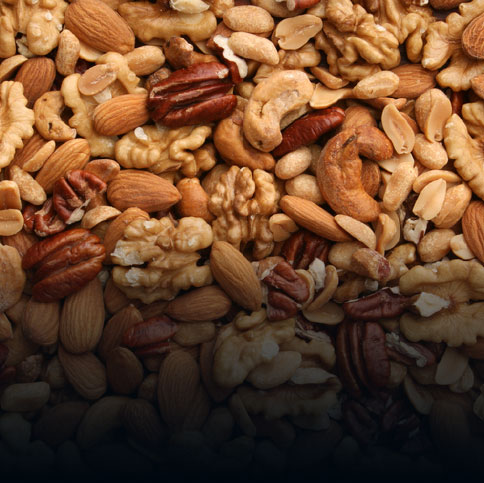
It is important to remember that every person with diabetes has different nutritional needs, and that the best option is always to consult a dietician to adjust the diet according to individual needs.

Anyone who is predisposed or already has diabetes must have heard that they need to eliminate all carbohydrates, sweets, and many other options from their diet, right? But look, that’s not quite true!
With a balanced diet, including fiber, protein, good fats, and complex carbohydrates, you can keep your blood sugar under control. The Brazilian Diabetes Society has a Nutrition Manual aimed at people with diabetes. Besides being very thorough, it shows important information about the food.
However, it is important to reinforce that no information replaces the follow-up with a professional, since each person has specific needs and requires individualized planning.
Diabetes Goes Beyond Blood Sugar
Controlling blood sugar is crucial for people with diabetes, but it’s not the only thing to watch out for.
Type 2 diabetes can affect the metabolism of fats and cause a number of other problems, such as changes in cholesterol, blood pressure, and even the immune system. It is important to pay proper attention to these issues, as they increase the risk of cardiovascular diseases, cancer, and infections.
Therefore, besides monitoring blood glucose, it is essential to have a healthy lifestyle, with a balanced diet, physical activity, and regular medical follow-up.
Prevention is always the best choice
Keeping a healthy lifestyle helps prevent diabetes and makes it easier to keep the disease under control. Some of the steps that work for this are:
Maintaining a healthy weight
Eating healthy food
Exercising regularly
Avoiding excessive alcohol consumption
Not smoking
Drinking lots of water
Having regular checkups
Take care of yourself and remember:
Depending on the food, it is only a matter of time before it turns into sugar in your body.

06/26 – National Diabetes Day
SOURCES:
https://diabetes.org.br/
https://bvsms.saude.gov.br/diabetes/
https://www.paho.org/en/topics/diabetes
https://www.gov.br/saude/pt-br/assuntos/saude-brasil/eu-quero-me-alimentar-melhor/noticias/2022/5-dicas-para-cuidar-da-alimentacao-de-quem-possui-diabetes
https://bvsms.saude.gov.br/26-6-dia-nacional-do-diabetes-4/
https://bvsms.saude.gov.br/bvs/publicacoes/dez_passos_hiperdia.pdf
https://diabetes.org.br/wp-content/uploads/2021/05/manual-de-nutri-para-pessoas-com-diabetes.pdf





